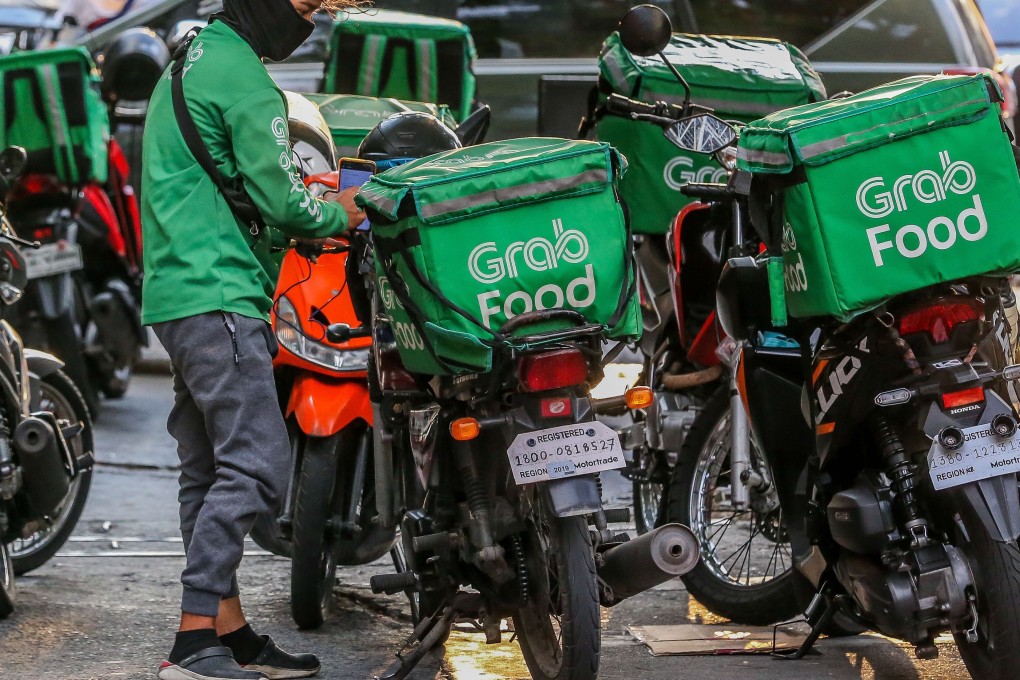Bangkok’s coronavirus lockdown fuelled food-delivery wars. Will players survive?
- During coronavirus lockdown, business boomed for the established firms while also creating irresistible incentives for new players
- Restrictions have been eased in recent weeks but competition in the increasingly lucrative food-delivery sector shows no sign of cooling

When Thailand closed shopping malls, banned eat-in dining and told residents to stay indoors at the height of the coronavirus pandemic in March, restaurants in Bangkok – where many people forgo cooking altogether for takeaway (glap baan in Thai) – turned to food delivery services.
Orders surged and business boomed for the four established firms but soaring demand also fuelled the rise of at least four other new players. Now, even as lockdown restrictions are eased, competition in the increasingly lucrative food delivery sector shows no signs of cooling.
“It may be a little bit slower [than during the height of the lockdown] but demand is higher than before Covid-19,” said Pawoot Pom Pongvitayapanu, CEO of Thai e-commerce group Tarad, adding that even in an increasingly crowded market “there is still room to play”.
Companies were reluctant to share specific turnover figures but all reported a sharp increase in delivery orders. Alexander Felde, CEO of Berlin-based Food Panda, said delivery orders increased “20 times” from the same time last year.
Before the lockdown, it could take a food outlet weeks to sign up with a delivery provider. For example, LineMan, a service run byThailand’s most used messaging app Line with 45 million users, added 15,000 restaurants to its platform in 10 days, a process which in the past could take months.
The Tokyo-based, Korean-owned platform had previously partnered with 100,000 restaurants, linked to a user-generated review site called Wongnai.
